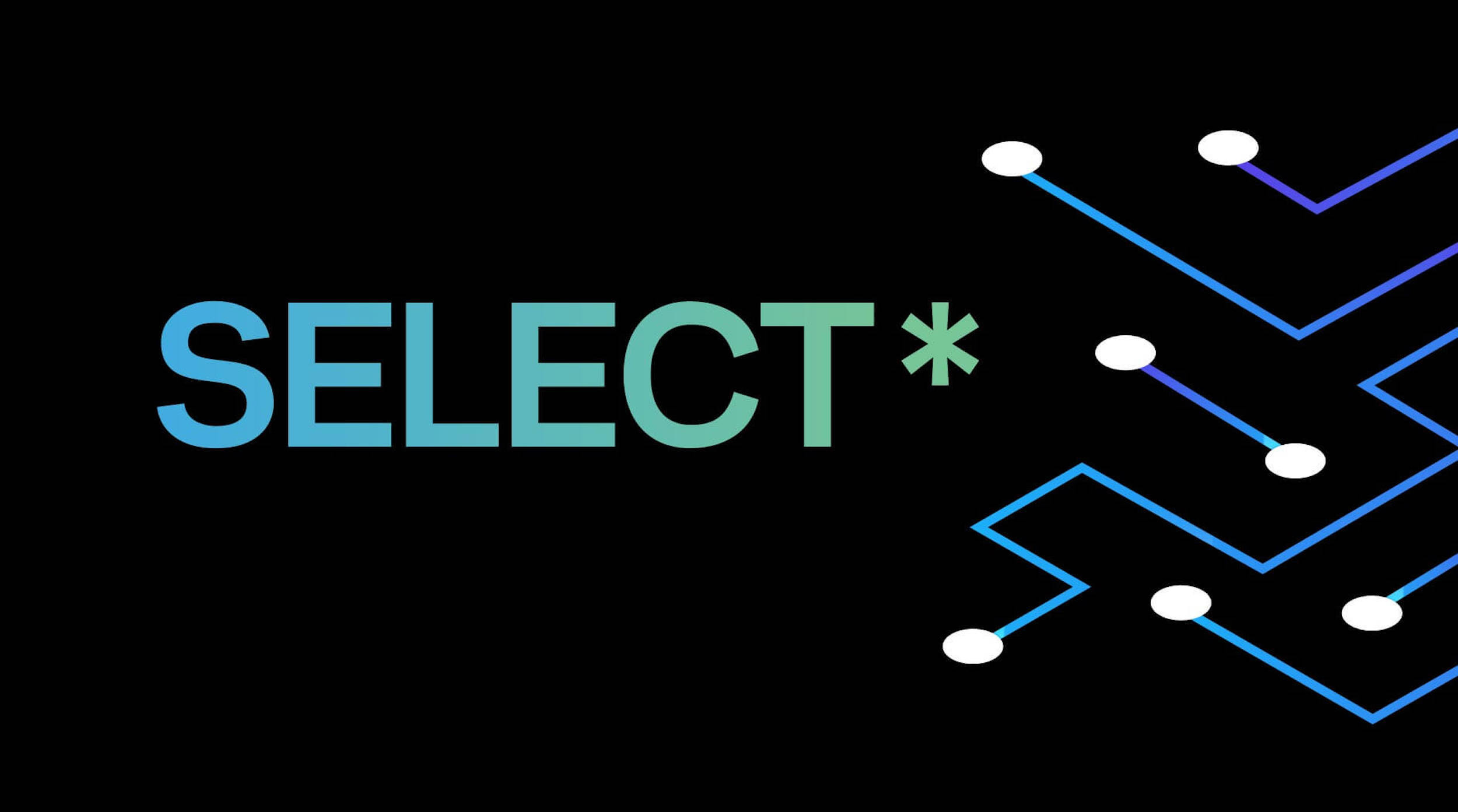As Women’s History month comes to a close, I wanted to take a quick moment to acknowledge the many women in my life who have had an enormous impact on me. The majority of what I have learned about business, leadership, and just how to be a good human in general, I have learned from women. The last one I still have a ways to go. With that in mind, this is not intended to be a treatise on how we empower women in the workplace or create a more diverse workforce in tech, as I do not have the answers nor am I qualified to give them. Any answers I might have were provided to me by some very smart women. I also acknowledge that while HarperDB is very diverse culturally, we have a ways to go on the gender diversity front. Instead this is just intended to be an acknowledgement of the powerful role women have played in shaping my life, leading me, and guiding me to where I am today.
I was very lucky early in my career to have a series of incredible managers, all of whom were women. These strong and intelligent women helped mold me, guide me, and shaped the course of my career.
I worked for my first manager, Smitha Gopal, at Rendia, a software company based in Baltimore, MD. I was impatient, inexperienced, and ignorant of how the real world operated. I had a lot of energy and a decent foundation in basic technical skills, but not much else. Smitha was demanding and ambitious, yet deeply attentive, and invested an enormous amount of time and energy in shaping me into a productive resource. While I had some basic programming skills and had spent a lot of time working with computers, I knew very little about how to be productive in the workforce.
One of my most vivid memories from that time is Smitha watching me navigate different applications like Microsoft Word and Excel. She had come from an investment banking background where moving efficiently and quickly was essential. She was astounded by how slowly I operated. At the time, I was working on a desktop with an external keyboard and mouse. She made me remove the mouse from the desktop and suggested that I put it back when I could operate the entire computer with my keyboard simply using hot keys. Sure enough my productivity skyrocketed. While this sounds unimportant it had and continues to have an enormous impact on my productivity even today. My co-founder, Fred, is often amazed watching me operate a computer.
Smitha had very high expectations for me. She expected perfection and she drove me to work harder than I had ever worked in my life. This was done through motivation and empathy, not through fear or discipline. Often I would be the last person in the office, but I wasn’t there because I felt like I had to be, I was there because I wanted to be. The work ethic I learned from Smitha I continue to have to this day, and has been a major contributing factor in getting HarperDB from idea to market.
It was not just tactical things that I learned from Smitha. While she was incredibly busy in almost every aspect of that company from product management to finance and operations, she took the time to teach me about how corporate structures operated in the real world. Every question that I had, she listened to attentively and gave me well thought out constructive feedback. She made me feel valued and inspired. She spent an enormous amount of time coaching me about my behavior and advising me on my career path. Even when it was clear that I was going to move on to another company, she helped advise me through that decision and coached me through accepting my next job offer. It is not surprising to me that she eventually became the CEO of that company and has revitalized it from the ground up.
In my next role at Red Hat, I was lucky enough to again have a female manager, Angela. Her primary lieutenant who ran our team on a day-to-day basis was named Kelly. At the same time they had hired an incredibly smart and experienced woman named Nancy who started the week before me. These three women created a working environment for our team that was amazingly supportive and encouraging. I was able to continue to learn in a place where I felt supported, could take risks, and could grow. I had never worked at a company the size of Red Hat, and there was a lot to learn about working within such a large corporate structure. I was arrogant, ignorant, and overly optimistic. They never made me feel small or discouraged, but rather continued to guide me through positive reinforcement and empathy.
I made an internal transfer from that team within IT to Global Support Services to work for Sarah and her team. Sarah has been to date probably the single greatest influence on my career of any one person. It took me years to appreciate everything that she had done for me.
If Smitha had high expectations for me the equivalent of being a professional athlete in the workforce, Sarah’s expectations were that of being an Olympian. Under Sarah’s leadership I worked harder than I had ever worked and have ever worked since.
I once came into the office on a Saturday thinking that I would get a jump start on the week and fairly pleased with myself that I was going to get ahead of my peers. When I walked in at 11am half my team was already there, and most of the rest of my team showed up by noon.
Work-life balance is a big topic in today’s workplace. To some, what I am describing above might raise some red flags. What is really important to note is that Sarah never asked us to work that hard and in fact she actively tried to get us to stop. We were not expected to come in on Saturday or work late nights. I recently read a biography about a very famous entrepreneur who was furious that only half his staff was in the office on Saturday. This same entrepreneur was angry when an executive missed an important event for the birth of their child - he suggested that they get their priorities straight.
Sarah was nothing like that. We worked that hard because her leadership inspired us. Those that had family commitments that prevented them from putting in the extra hours were never penalized. We were there because she entrusted us with enormous responsibility and in turn we wanted to show her that she had made the right decision.
Today I don’t put in nearly the hours that I used to because I have found that taking more time to relax actually allows me to make wiser, more strategic decisions. In fact this is something that I am sure Sarah would support and was trying to teach me all along.
From Sarah I learned an enormous amount. She spent a lot of time mentoring and coaching me. She was incredibly invested in my success and was actively guiding that success at a level I did not appreciate until I managed larger teams myself. She gave me books to read. We had deep philosophical conversations, all of this while managing a team that spanned the globe and was working on millions of dollars of strategically important, highly visible projects at a publicly traded company. I learned about the importance of synthesizing instinct with experience. She reinforced these teachings by having me read Blink by Malcolm Gladwell. She taught me the importance of positive reinforcement and how to lead with the carrot instead of the stick. I learned about how to manage resources effectively through determining their strengths via experimentation. I learned about how to be effective with limited resources and to creatively maximize what was at your disposal. I also learned about the dangers of raw ambition and how it was important to build positive relationships with those around you.
I could write a novel about the things I learned from Sarah, but suffice it to say, it was a lot. Many of these lessons wouldn’t fully sink in until years later; however, they have been essential today in driving HarperDB towards success.
After leaving Red Hat I had a series of male managers, five in a row to be exact. Through that experience I would realize that the investment in time and energy that Smitha and Sarah made on guiding and teaching me, while not entirely unique to female managers, is much more commonly found in women than men. While I can’t say with certainty as my data points are limited to my own experience, the encouraging and empathetic environments created by these incredible women that allowed me to learn, grow, and thrive is also unique to female managers. Looking back on it now I think I can say that moving from female managers to male managers was a large contributing factor in what lead me to leave the corporate environment and move towards an entrepreneurial environment. I did not feel supported, guided, or inspired in the way I had previously. There are certainly men who make the decision to employ servant leadership and empathy from a managerial perspective. Satya Nadella, Microsoft’s CEO, is the most obvious example. That said, they are much more rare and often discouraged from these behaviors. We have spent many years trying to get women to emulate men in the workplace and I think it’s probably time that we think about shifting the needle in the other direction strongly.
A lot of people will disagree with what I have said above. They will point to examples of men who have lead with iron fists and have motivated out of fear and abrasiveness, and have enjoyed enormous success. Originally I had thought about writing about how empathetic servant leadership is potentially not for everyone, but that is a cop out. Those same men would have enjoyed the same success or greater success with happier more motivated employees. They succeed despite their behavior and because of their brilliance, not because of their behavior.
I can honestly say that if I find myself in a situation in the future where I have a direct manager again, I hope it is a woman. I have not always been a strong advocate for women, but the strong and incredible women in my life have guided me to this place today through patience, perseverance, empathy, and encouragement.
I have been very lucky to be surrounded by amazing women not only early in my career, but also throughout my life. There are too many to mention in this blog post, as it would end up being 50,000 words. I can only highlight a few. My mother, who passed away in 2015, was potentially the greatest influence on my life. We spoke everyday and she mentored me through every life decision until her death. She was a fierce advocate for women, children and the arts. She was also a brilliant strategic thinker, writer, and incredible public speaker. She taught me to have a deep awareness of those around you, the importance of EQ, and to think carefully and strategically. Her death was probably the most transformative experience to date in my life. Since her passing, her daughter, my sister, has been an equally important influence keeping me centered and balanced.
I grew up on the east coast before migrating to Colorado where I met my wife Kate. She has spent the last 8 years patiently washing the east coast off of me and teaching me the value of kindness in every interaction. She has transformed my life in immeasurable ways teaching me humility, empathy, and how to be present. She has made me a better leader, a better colleague, and a better human. She is my center of gravity.
While HarperDB only currently employs one woman full time, the highly talented Kaylan, we are fortunate to work with some incredible all female teams from both our PR and legal firms. The advice and counsel we have received from both our legal team, and our PR firm, Barokas, has been vital to our success and without them we would not be where we are today.
As mentioned above we lack gender diversity at HarperDB. For a long time I believed I was not accountable for this problem, but rather the academic pipeline was accountable. As I mentioned I have not always been the greatest advocate for women, but I am learning. In 2014 a reporter from NPR, Elise Hu had written a series about a lack of diversity in tech. At the same time I was actively hiring and trying to fill the role with women. That said, I had gotten resumes from something like 50 candidates and roughly 47 of them were white men. What was I supposed to do? How could this be my fault? How could I be accountable? I reached out to Elise and pointed this out to her, thinking it was definitive proof that myself and people like me were off the hook.
She wrote back in a little over an hour. She said many smart things, but asked me simply who had taught me to program? The answer was my uncle. She then carefully explained to me that white men were often teaching other white men to program and there in lies the problem. They were sparking interest in computers in young white men, and doing nothing to spark an interest in more diverse populations. The cause of the pipeline problem was outside of academics.
This resonated with me because it is my belief that while you can learn a lot about technology in academics, applying that knowledge successfully often requires direct one on one mentorship. The pipeline is our responsibility because we have the knowledge and even though we might not be academics we can still spend our time mentoring and sparking the interest in more diverse populations. The problem is not caused intentionally, but simply based on normative behavior and pre-existing relationships.
We are accountable. Until that moment, I thought the best thing I could do was simply stand out of the way and avoid being biased as much as possible. Essentially be passive. It was again a strong and intelligent woman who changed my thinking, and taught me that it is everyone’s responsibility to play an active role in change.
I am still learning what that means. How do I help create a more diverse workplace? How do I help build a stronger pipeline? How do I help support and advocate for women? I have a long way to go, and I don’t really have any answers. My inclination still pulls me towards passivity. I am afraid to get involved because I have not been a shining example nor do I have a lot to contribute idea wise. In fact I was scared to write this blog post because it didn’t feel appropriate but it was Kaylan who encouraged me to do so, and I am happy I listened.
For me the key is to continue to listen to, and attempt to emulate the incredible women in my life. My goal is to create a culture based on their example and I am lucky to have co-founders who share that perspective. Through their example, hopefully we can make some small positive impact.






.png)



.png)
